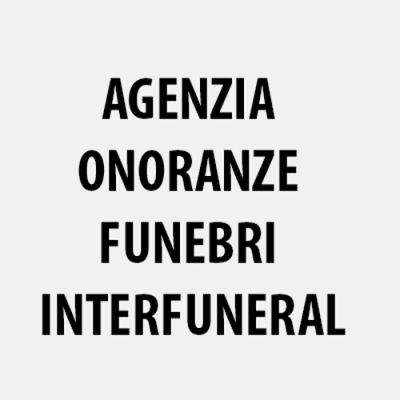Funerals, Funeral Rites, and Religious Ceremonies
in Europe
In Europe, funerals, funeral rites and religious ceremonies can vary widely from one country to another due to the cultural and religious diversity of the continent. However, there are some common practices observed in many European regions.
Funeral service or commemorative ceremony
It is common to hold a ceremony to commemorate the life of the deceased. This ceremony can be religious or secular, depending on the family's and the deceased's preferences.
It may include prayers, sacred readings, commemorative speeches, music, and moments of reflection.
Burial or cremation
After the funeral service, the deceased's body can be buried in a cemetery or cremated.
Burial has traditionally been the most common choice in many European countries, but cremation is becoming increasingly popular.
Some European countries have specific regulations regarding cremation and the scattering of ashes.
Viewing the coffin
Before the burial or cremation, family and friends may have the opportunity to view the coffin for a moment of farewell and reflection.
This practice may vary from culture to culture but is often a significant part of the mourning process.
Religious rites
In many parts of Europe, funeral rites are influenced by the predominant religious traditions of the country.
For instance, in predominantly Christian countries like Italy, France, or Spain, funerals might follow Christian practices, whereas in countries with a large Muslim population, such as Turkey or Albania, the funerals may follow Islamic traditions.
In addition to Christianity and Islam, there are other religions in Europe, such as Judaism, Orthodoxy, and various minority faiths, each with their own funeral practices.
Death announcement
In many European countries, the death of a person is announced through an obituary published in local newspapers or online.
This announcement usually includes information about the funeral service and ways to send condolences to the family.
Family support
During the mourning period, the family of the deceased may receive emotional and practical support from the local community, friends, and volunteer organisations.
These are just some of the common practices in funerals, burial rites and religious ceremonies in Europe.
It is important to bear in mind that practices can vary greatly from one region to another and from one culture to another.


















